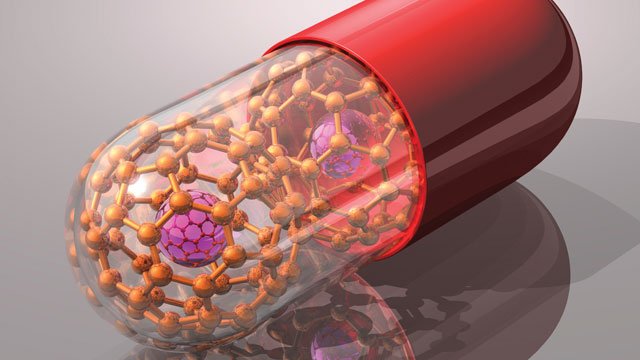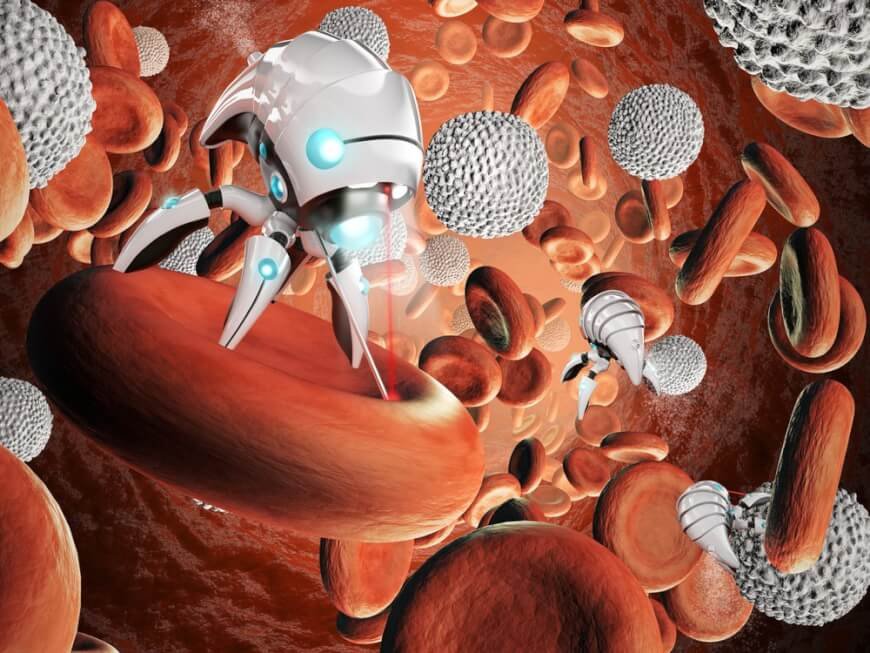Nanotechnology is making a huge impact on healthcare today. It is bringing many benefits to medicine, from drug delivery to disease detection. In this article, we will explore the top benefits of nanotechnology in healthcare and how it is changing the way we treat illnesses.
Revolutionizing Drug Delivery
One of the main benefits of nanotechnology is its ability to improve drug delivery. Traditional drugs often affect the entire body, causing unwanted side effects. However, with nanotechnology, drugs can be delivered directly to the targeted area. This method minimizes side effects and makes treatments more effective.
Targeted Treatment for Better Results
Nanoparticles can be designed to carry drugs directly to the cells that need them the most. For example, in cancer treatment, nanoparticles can deliver chemotherapy drugs directly to cancer cells. This way, healthy cells are left unharmed, reducing the harm caused by chemotherapy.
Smarter Drug Release
Nanotechnology also allows for smarter drug release. With nano-delivery systems, drugs can be released at a controlled pace, ensuring they work more efficiently. This helps doctors provide the right amount of medication over a longer period, leading to better patient outcomes.

Improving Disease Diagnosis
Another significant benefit of nano technology is its ability to improve disease diagnosis. Early detection of diseases is crucial for better treatment. Nano technology has led to the development of advanced diagnostic tools that can detect diseases at an early stage.
Faster Detection with Nanotech Sensors
Nanotechnology has led to the creation of super-sensitive sensors. These sensors can detect tiny amounts of disease markers in the blood, making it easier to find illnesses like cancer or heart disease before symptoms even appear. Early detection improves the chances of successful treatment and recovery.
Non-Invasive Diagnostic Methods
In addition, nano technology is helping to make diagnostic methods less invasive. Instead of needing to perform painful tests like biopsies, doctors can use nanotech-based tools to analyze blood or saliva samples. This makes diagnosis quicker, easier, and more comfortable for patients.
Advancing Medical Treatments
The benefits of nano technology extend to improving medical treatments. From advanced surgeries to tissue repair, nano technology is opening up new possibilities in healthcare.
Minimally Invasive Surgery
Nano technology is making surgeries less invasive. Smaller, more precise tools are being created, which can reduce the size of incisions needed for surgery. As a result, recovery times are shorter, and patients experience less pain after the procedure.
Regenerating Tissues
Another exciting benefit of nano technology is its potential in tissue regeneration. Nano materials can help regenerate damaged tissues, such as skin or bones. This could change the way we treat injuries, burns, and even conditions like arthritis.
Combating Infections
Nanotechnology is also being used to fight infections, which is another key benefit of nano technology in healthcare. With the rise of antibiotic-resistant bacteria, scientists are turning to nanotech to develop new ways to fight infections.
Antibacterial Properties of Nanomaterials
Some nanomaterials, such as silver nanoparticles, have strong antibacterial properties. These materials can be used in wound care products, medical devices, and even clothing. By preventing infections, nanotechnology is helping reduce the spread of harmful bacteria, especially in hospitals and other healthcare settings.
Fighting Viruses with Nanotech
In addition to bacteria, nano technology is also being explored for its ability to fight viruses. Researchers are working on nanoparticles that can target and neutralize viruses like the flu, HIV, and even COVID-19. This could lead to new, more effective antiviral treatments.
Affordable and Accessible Healthcare
Finally, nano technology has the potential to make healthcare more affordable and accessible. Nano-based devices and treatments can often be made more cheaply than traditional ones. This could help reduce healthcare costs, making treatments available to more people, especially in low-income areas.
Low-Cost Diagnostics
Nanotech-based diagnostic tools are not only more accurate, but they can also be more affordable. By reducing the need for expensive equipment and hospital visits, nano technology can help make healthcare more accessible to people around the world.
Conclusion
In conclusion, the benefits of nano technology in healthcare are vast and far-reaching. From improving drug delivery to advancing diagnostic methods and fighting infections, nanotechnology is revolutionizing medicine. It is making treatments more effective, reducing side effects, and opening up new possibilities for the future of healthcare. As research continues, we can expect even more exciting developments in the world of nano technology, improving the quality of healthcare for people everywhere.











